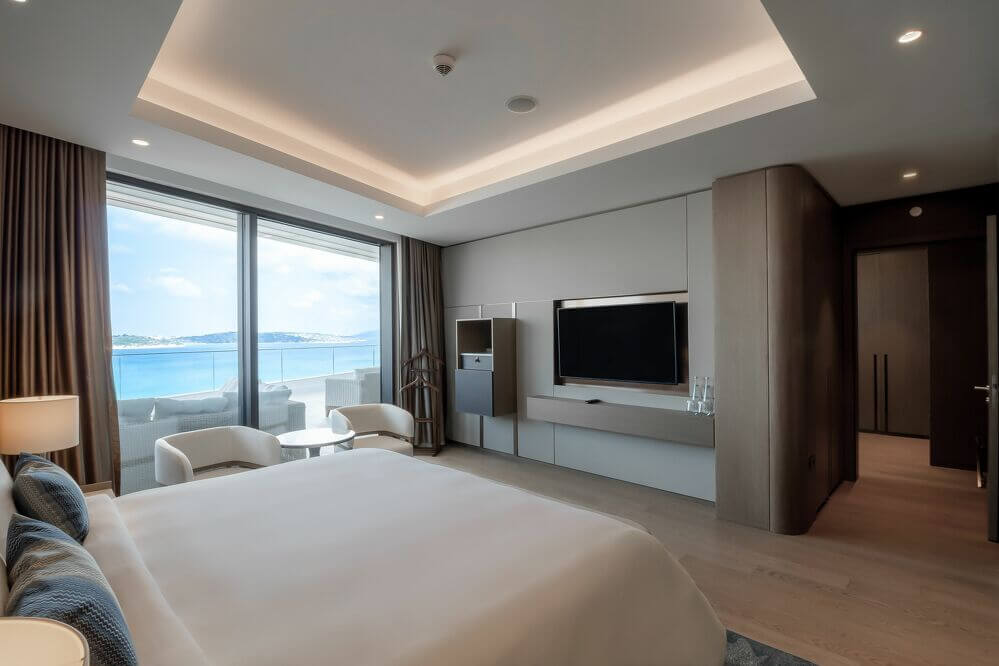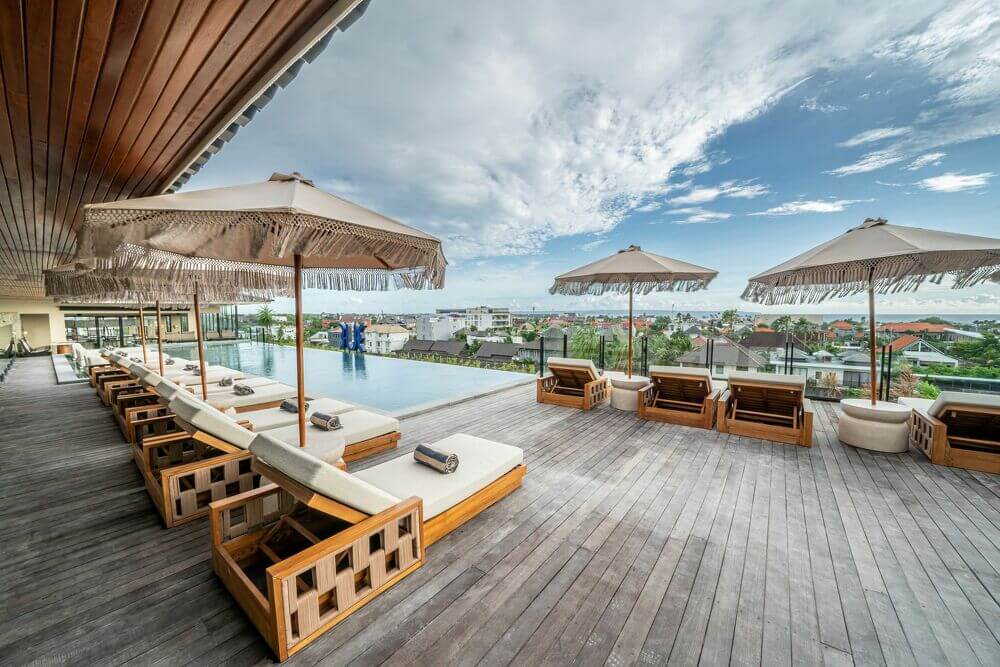Hotel and resort real estate has emerged as one of the most resilient and high-performing asset classes in 2025. As global tourism hits record highs and traditional residential markets soften, investors are increasingly turning to professionally managed hotel properties for consistent income and capital growth.
Hospitality investments not only deliver financial returns but also offer access to an experience-driven sector that continues to thrive despite market fluctuations. The luxury hospitality segment, in particular, has become a stronghold for long-term, hands-free returns.

Why Hospitality Investment Stands Out in 2025
Hospitality properties generate income from short-term guest stays—hotels, resorts, serviced suites, and boutique developments—creating a diversified revenue base. Income streams often include room bookings, food and beverage services, wellness offerings, and event hosting.
According to JLL’s 2025 Global Hotel Investment Outlook, hotel investment volume is expected to rise by 15–25%. In destinations such as Bali, forecasted returns for resort property investment range from 14% to 17% annually. These figures are driven by a combination of high average daily rates (ADR), increasing occupancy, and strong demand for branded accommodation.
Luxury Hospitality: Growth, Returns, and Accessibility
High-end hospitality real estate in Bali continues to attract investor interest due to its consistent returns and resilience during economic shifts. Opportunities now include:
- Fully managed hotel units
- Fractional shares in resort developments
- Turnkey villas in premium tourism locations
These offerings are typically backed by professional management teams and trusted operators, providing investors with a fully passive income model and long-term value growth.

The Rise of Fractional Ownership
One of the defining trends in 2025 is the increasing accessibility of hotel investment through fractional ownership. This model allows investors to purchase a portion of a hospitality asset—such as a hotel suite—and receive proportional returns, including rental income and capital appreciation.
Fractional models offer lower entry points and allow for diversification across multiple developments. These investments are professionally managed and appeal to investors seeking income without the complexities of direct property management.
Legal Investment Structures for Foreign Investors
While foreign ownership of freehold land is restricted in Indonesia, long-term leasehold structures allow non-Indonesians to legally invest in Bali property investment. These leases typically range from 25 to 30 years, with options to renew. Proper structuring ensures the right to use, profit from, and transfer the property within legal frameworks.
Specialist advisory firms assist investors with legal and tax compliance, and partnerships with local developers further reduce risk and increase security.
Bali’s Investment Outlook
Bali continues to stand out as one of Asia-Pacific’s most active and resilient real estate markets. With millions of annual visitors and growing demand for upscale accommodation, the island offers investors:
- Year-round high occupancy rates
- Strong nightly rental yields
- Notable capital growth, especially in coastal and tourism-zoned areas
Strategic areas such as Seminyak and Berawa have become hubs for luxury tourism, where branded hotel projects benefit from limited supply and strong consumer demand.
The Role of Trusted Operators
Operator partnerships are central to the performance of any hospitality asset. Leading global hospitality groups provide operational stability, international marketing reach, and quality control. Projects aligned with major brands tend to perform better due to guest loyalty, pricing power, and professional service delivery.
Examples of active operators in the region include:
- TUI Blue – operating over 400 resorts globally
- Cross Hotels & Resorts – backed by Flight Centre, managing over 40 properties across Asia-Pacific
These partnerships ensure that hospitality assets deliver predictable performance and maintain strong reputations in the market.

Investment Summary
Bali’s hospitality market offers investors the opportunity to combine income, capital growth, and global lifestyle appeal. Hotel real estate investment delivers a tangible, income-producing asset class that benefits from rising tourism and evolving consumer travel preferences.
Professionally managed opportunities, legal structures tailored for foreign investors, and the rise of fractional models have made it possible for both seasoned and first-time investors to enter the market safely.
As 2025 unfolds, Bali remains a compelling market for those seeking reliable returns, portfolio diversification, and exposure to the booming luxury hospitality space.
Media Contact
Company Name: Geonet Property & Finance Group
Contact Person: Sales Team
Email: Send Email
Phone: +61 483 941 154
Address:Suite 3701, Level 37, 1 Macquarie Place
City: Sydney
State: NSW 2000
Country: Australia
Website: https://geonet.properties




